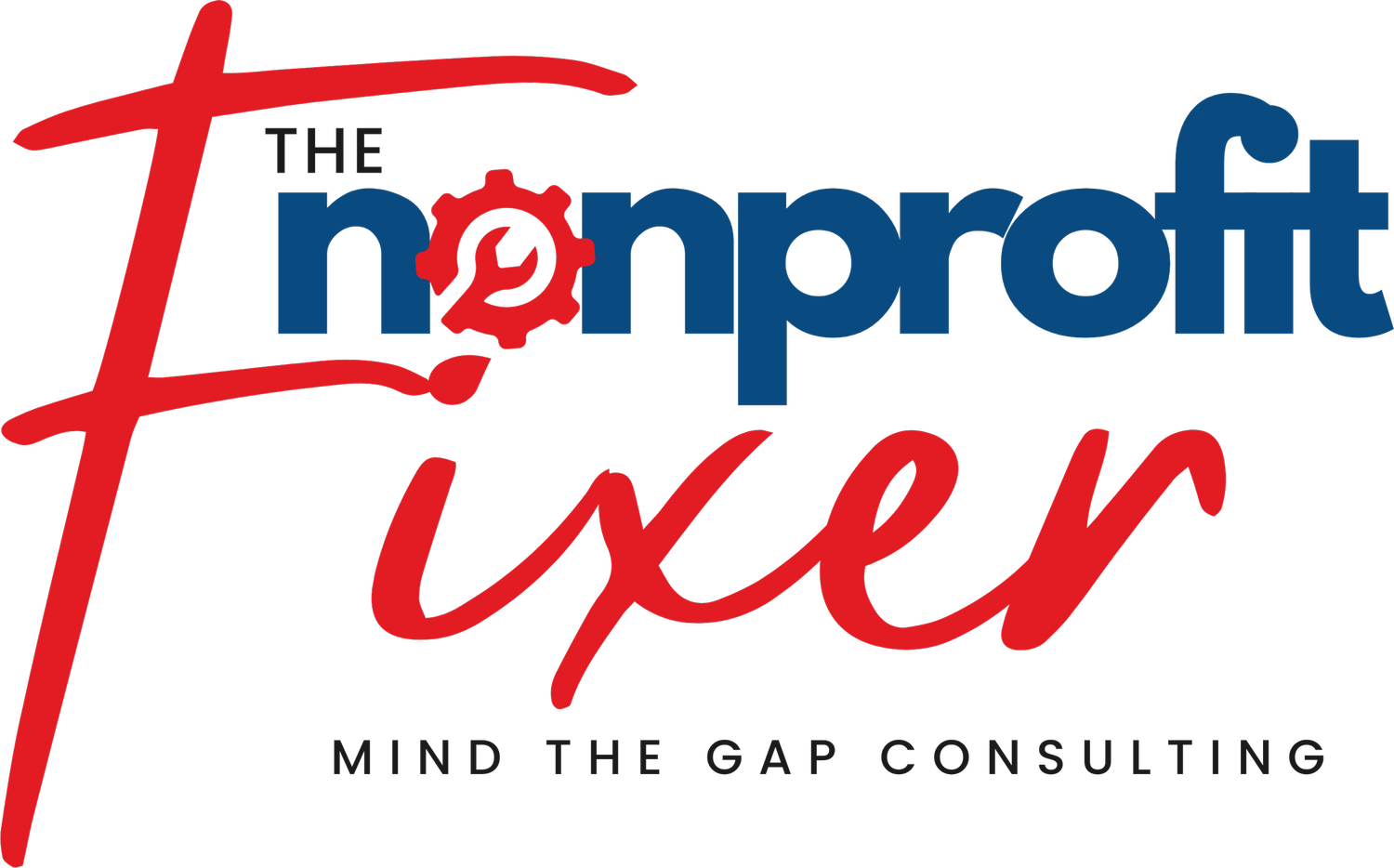Stop This Fundraising Mistake: Don’t Be the “Buyer and the Seller”
Asking for money can be stressful and intimidating.
In fact, it may be the single biggest fear board members have when they are asked to fundraise for their organization.
The idea of sitting across the table or being on the other end of the phone and asking someone you know for a donation can bring up all kinds of mindset challenges and emotions.
Plus, there are a hundred things that can happen in the moment to change the mood, tone, or energy of a fundraising ask. I’ve had donors open a meeting with great news about their stock investment and others start the meeting talking about financial distress. The closer the relationship we have with the donor, the more complicated it can be.
But there is one fundraising mistake that can undermine any ask in any situation: acting as both the buyer and the seller.
A Fundraising Mistake Anyone Can Make
It is very tempting during a donor conversation to soften the ask by giving the donor reasons to say no. But you cannot be the buyer and the seller. You can’t be on both sides of the transaction. They are the donor, you are the do-er.
Your job is to propose the opportunity, not to talk them out of it. Yet I see this happen all the time.
It goes something like this:
“Thanks for agreeing to be with us today, Diana. We would love to have you join our organization at the Gold level which is $10,000.” [awkward pause] “I know things are tough right now so if this doesn’t make sense or if a lower level feels better that could work.”
Nooooooooo!
Hopefully, you did research or prep work before this ask. Your ask amount should be based on some information or gut-level instinct. Shifting your ask in the moment does not instill confidence, even if you think it is kind or less bold.
Why This Fundraising Mistake Is So Pervasive
Don’t be the Buyer and the Seller
There are many reasons why people try to be the buyer and the seller:
They feel their ask is too high
They worry their ask is pushy or too direct
They are making assumptions about the donor’s financial situation
They are carrying their own baggage about the ask, the amount, or their relationship to money
It allows them to ask for the amount they need AND also not seem pushy.
Fundraising asks aren’t negotiations. They aren’t diplomacy. They aren’t high-stakes compromises. It is you, asking someone for an amount. Don’t undo your ask.
By being the buyer and the seller, you will raise less money over time. You are also modeling bad behavior for other fundraisers. After you ask for money, there can be an uncomfortable pause or silence. Getting comfortable with that moment is part of the mastery of donor solicitations.
But in that pause, can lie a pitfall: walking back your ask. Donors would love to give less if that is all that is needed, which is why you need to ask for the amount you need or that will achieve your goal.
Understanding the Psychology of Fundraising
Fundraising from major donors involves psychology. I talk about that a lot in my fundraising course “Major Gifts MasterClass.”
This course pulls back the curtain on 16 expert tips that professional fundraisers may be employing when they sit down for major donor asks.
I am a big believer that fundraising is more art than science (although there certainly is some science involved). Every fundraising professional develops their craft (artistry) over time by dropping bad habits and folding in new tactics that work.
We have to own our power as fundraisers and be proud of the skills we have. Fundraisers are fundamentally excellent at persuasion. But we undermine our talents when we undermine our own ask.
I’d love to hear stories from you about a time when being the buyer and the seller impacted your ask.



